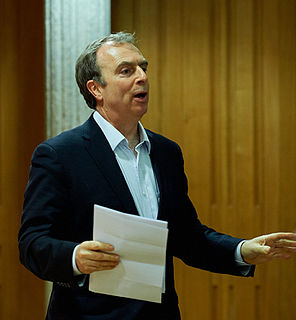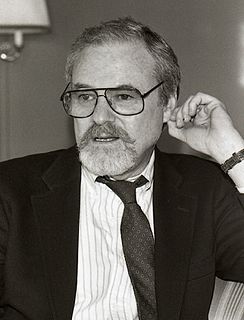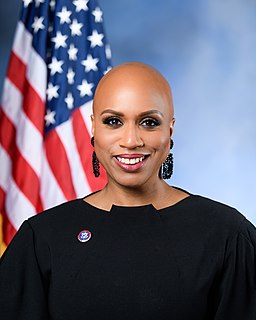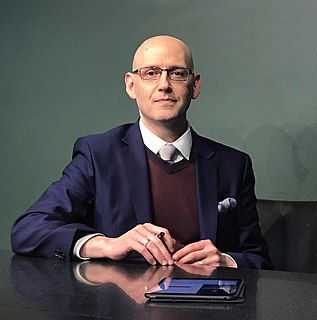A Quote by Peter Hitchens
If we won't fight injustice wherever we see it, then we are not safe from suffering injustice ourselves.
Related Quotes
Both morally and practically, segregation is to me a basic injustice. Since I believe it to be so, I must attempt to remove it. There are three ways in which one can deal with an injustice. (a) One can accept it without protest. (b) On can seek to avoid it. (c) One can resist the injustice non-violently. To accept it is to perpetuate it.
We have all had injustice happen to us. It often shapes our failure narrative. For example, maybe you were fired and not you don't trust colleagues as easily in the future. You may not overcome injustice but you need to be aware of how it affects you today. You can't avoid injustice but that doesn't mean you need to be a prisoner of it.
No one who passively endures an injustice against himself has the material in him to struggle for the rights of others. The one who patiently forbears becomes an accessory to the injustice done to others. He who resists the injustice which he himself meets can open up the way to a higher right for others.































